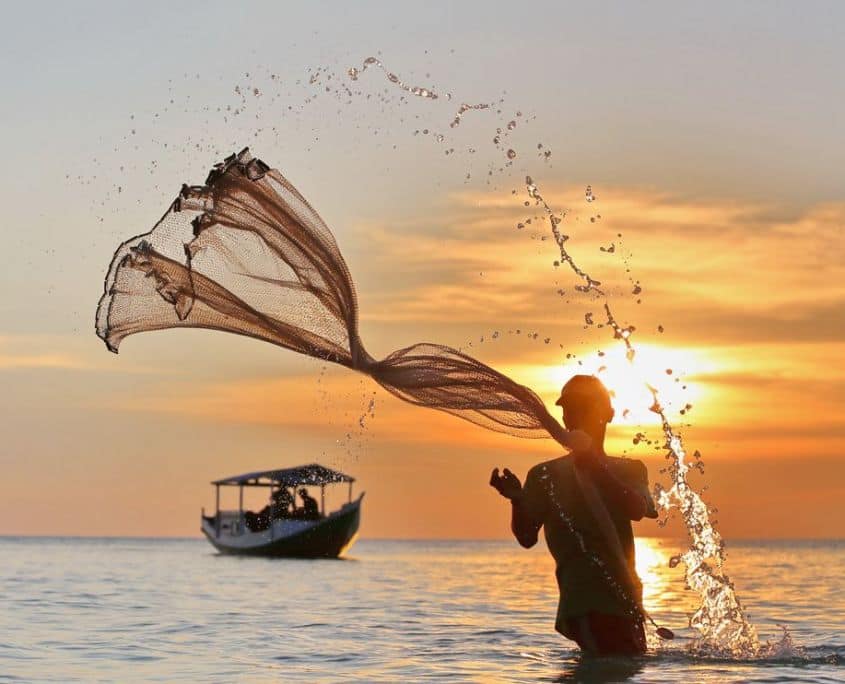Marine & Oceanic Sustainability Foundation, Pangaeon and the SEAS Corporation announce Collaborative Alliance
April 15, 2015 – WILMINGTON, Del. — The Marine & Oceanic Sustainability Foundation (MOSF) is pleased to announce a collaborative alliance with the Sustainable Environment Associates (SEAS) Corporation and it’s subsidiary Pangaeon on an initiative called GUARDIAN. Designed to protect, restore and nurture island communities around the globe, GUARDIAN has brought together an experienced executive team of global sustainability leaders. MOSF Managing Director, Jennifer Pitzer, has joined the GUARDIAN Development Team and will be actively participating in the integration of geotourism and citizen science activities.
“I am honored to join such a distinguished team of professionals. The GUARDIAN team includes sustainability leaders in the areas of energy, culture, finance, engineering, tourism, climate, education and technology,”
“MOSF fills a crucial role on our diverse, international team with its focus on community empowerment and education as it relates to sustainability sciences. These two ingredients are fundamental to the successful development and legacy of GUARDIAN’s mission. In addition, MOSF is a valuable asset in our Public Private Partnership development framework,” said Paul Bierman-Lytle, President and Chairman of Pangaeon/SEAS Corporation.
MOSF and GUARDIAN are specifically collaborating on geotourism, citizen science, and empowerment/
GUARDIAN has developed island-based models for assessing, implementing and optimizing utility and infrastructure systems. These integrated sustainability models establish sustainable ‘life support’ systems, including energy, water, food, waste conversion, ecological sewage treatment, eco-transportation, biosecurity, and natural disaster preparedness and resilience.
MOSF and GUARDIAN share the goal of establishing environmentally and financially sustainable models based on tourism centric businesses that keep revenue on-island. Tourism initiatives focus on ‘adventure tourism’ and include land, ocean, cultural and agri-based (food production) activities.
“I am excited by this collaboration, which works with communities set to position islands at the front line of demonstrating solutions to climate change, and which highlights the economic opportunity for all,” said Maya Doolub, Guardian Director.
This collaborative partnership brings together two passionate organizations with solid backgrounds in sustainability, engineering, business, technology, tourism and marine conservation. Both organizations share an entrepreneurial spirit and commitment to investing in green energy, sustainable development principles, and reproducible programs that empower local communities.
About the Marine & Oceanic Sustainability Foundation
Founded in 2013, the Marine & Oceanic Sustainability Foundation (MOSF) is dedicated to the advancement of marine conservation and sustainability projects. MOSF engages in market-driven, tourism centric programs that balance ocean health, human prosperity and emphasize marine stewardship. We establish geotourism and citizen science activities, which sustain or enhance the geographic well being of a destination, emphasize the culture and history of the area, and benefit both visitors and residents. For more information, please visit our website at: www.mosfoundation.org
About GUARDIAN (an initiative of Pangaeon/SEAS Corp.)
GUARDIAN is a sustainability solutions integrator focused on two business components that have been missing in sustainable developments:
1. Integration of utilities and infrastructure:
2. Profitability:
To achieve these goals, GUARDIAN has assembled C-level experts from a variety of international firms that are multi-disciplined, systems integrators, innovators, action-oriented and results-driven. GUARDIAN’s unique team provides expertise in all key sustainability components required to build a ‘community ecosystem’ that is built for longevity and capital independence.
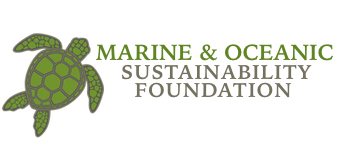
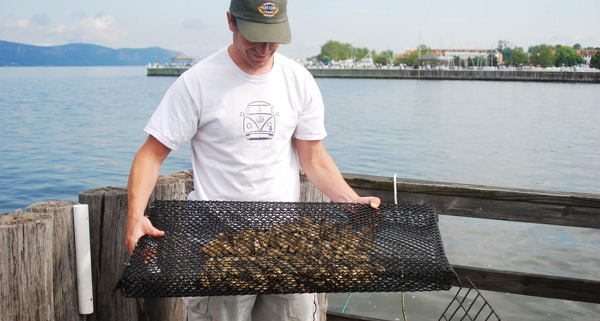
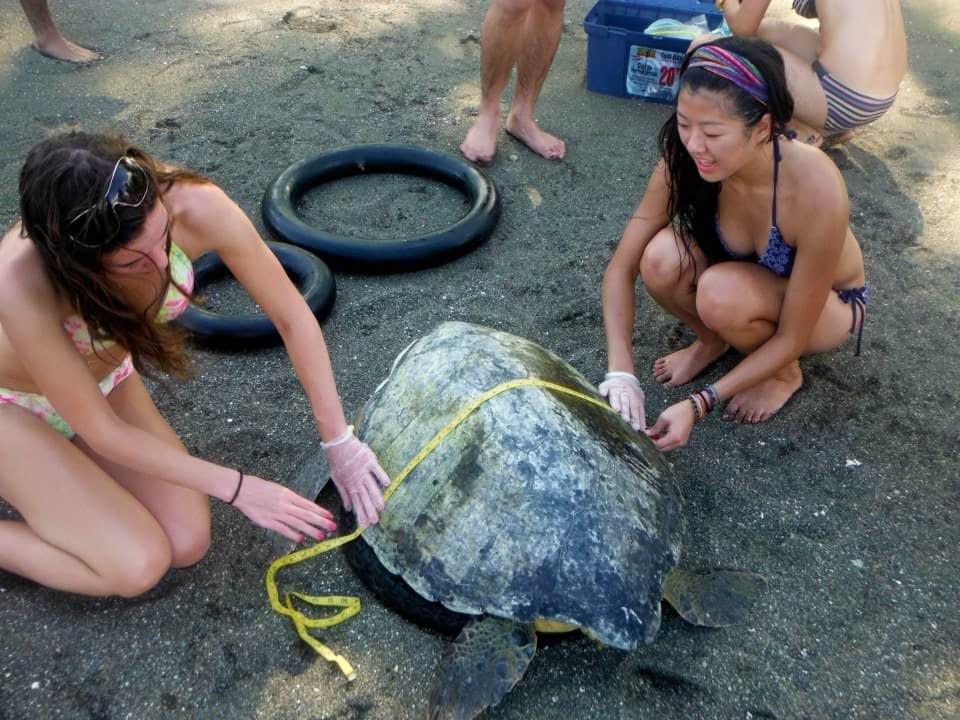 Last summer, my family and I were strolling along a beach in South Carolina and noticed beautiful shells that were washing up onto the beach with each wave. The creatures would quickly burrow themselves, and their protective shells, into the wet sand. I took a few photos and posted them on Facebook. I commented, “Wow, these shells are beautiful, anybody know what they are?” Honestly, I didn’t expect much of a response. Instead, I received a number of comments about what species of marine gastropod it was and one oceanographer friend exclaimed, “I am so envious, where are you? I have always wanted to see one of those!”
Last summer, my family and I were strolling along a beach in South Carolina and noticed beautiful shells that were washing up onto the beach with each wave. The creatures would quickly burrow themselves, and their protective shells, into the wet sand. I took a few photos and posted them on Facebook. I commented, “Wow, these shells are beautiful, anybody know what they are?” Honestly, I didn’t expect much of a response. Instead, I received a number of comments about what species of marine gastropod it was and one oceanographer friend exclaimed, “I am so envious, where are you? I have always wanted to see one of those!”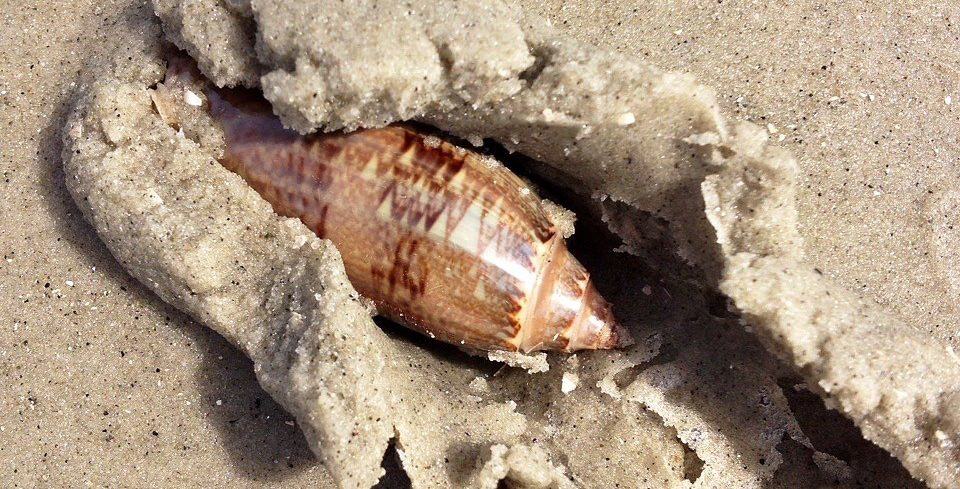
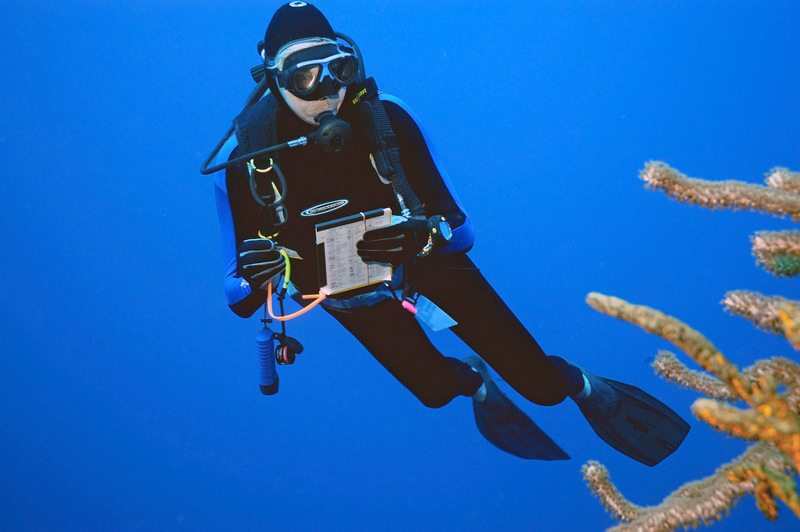

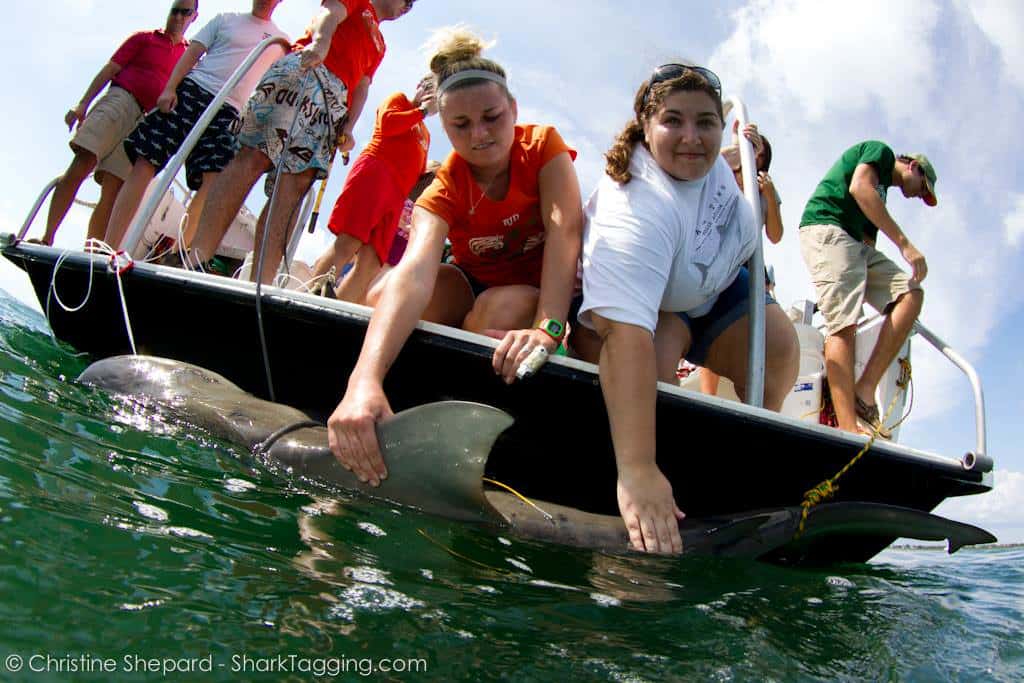
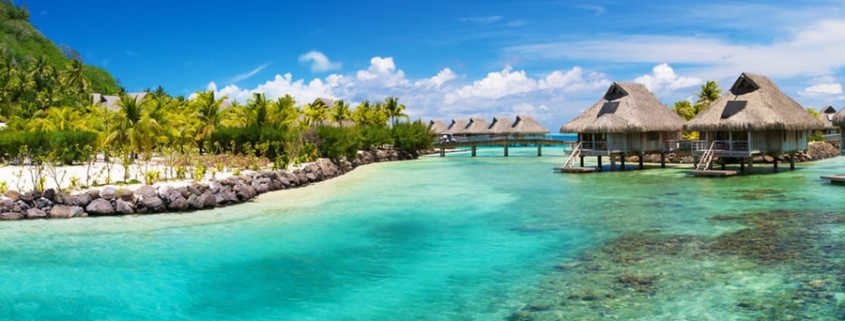
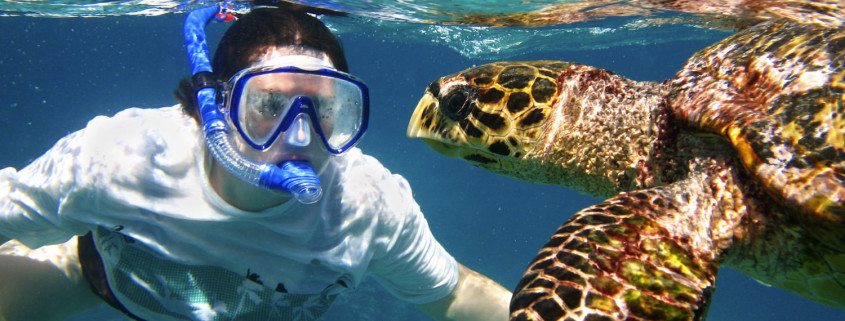 What is geotourism exactly? Geotourism is sustainable tourism that promotes the local atmosphere, culture, history, environment, residents, and economy of a geographical region. You can immerse yourself in all the local delights, participate in conservation efforts, local festivities, and really learn about an area from the people who call it home. Many popular destinations have unfortunately become “tourist traps,” designed to suck in tourists with disposable income and simply take their money in exchange for plastic trinkets. You may return home with souvenirs showing where you’ve been, but probably missed the true memory making experiences a destination has offer. With geotourism, you are invited to go behind the scenes, see the things only locals know about, and discover the little-known gems of a geographic region.
What is geotourism exactly? Geotourism is sustainable tourism that promotes the local atmosphere, culture, history, environment, residents, and economy of a geographical region. You can immerse yourself in all the local delights, participate in conservation efforts, local festivities, and really learn about an area from the people who call it home. Many popular destinations have unfortunately become “tourist traps,” designed to suck in tourists with disposable income and simply take their money in exchange for plastic trinkets. You may return home with souvenirs showing where you’ve been, but probably missed the true memory making experiences a destination has offer. With geotourism, you are invited to go behind the scenes, see the things only locals know about, and discover the little-known gems of a geographic region.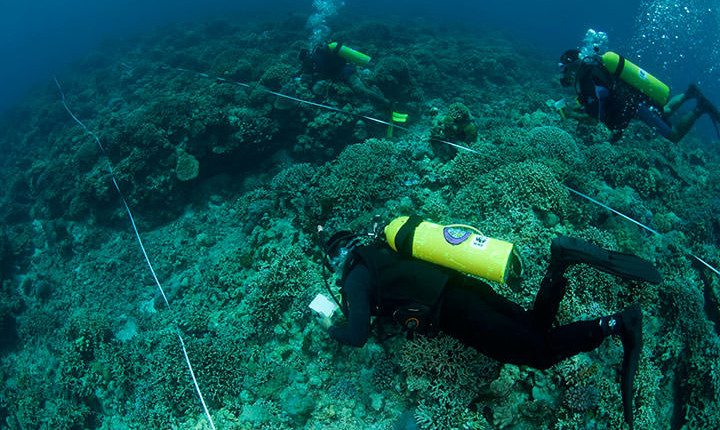 Most of us have heard of ecotourism, which is defined as “responsible travel to natural areas while preserving the environment and improving the well-being of local people.” Geotourism is the evolution of ecotourism, it takes the concept to the next level by embracing environmentally sustainable travel and extending it to the culture and history of a destination. Geotourism operations actively engage and support local businesses, natural resources, products and services. In many cases, geotourism involves conservation activities, education, and volunteerism – you could help protect hatching sea turtles, plant trees that help prevent erosion, or participate in a coral reef restoration program. Prefer the arts and cultural attractions? No problem! Geotourism activities often include local art programs and community festivities that engage your creative side. There really is something for everyone in geotourism and the wide variety of activities and the possibilities for adventure are endless!
Most of us have heard of ecotourism, which is defined as “responsible travel to natural areas while preserving the environment and improving the well-being of local people.” Geotourism is the evolution of ecotourism, it takes the concept to the next level by embracing environmentally sustainable travel and extending it to the culture and history of a destination. Geotourism operations actively engage and support local businesses, natural resources, products and services. In many cases, geotourism involves conservation activities, education, and volunteerism – you could help protect hatching sea turtles, plant trees that help prevent erosion, or participate in a coral reef restoration program. Prefer the arts and cultural attractions? No problem! Geotourism activities often include local art programs and community festivities that engage your creative side. There really is something for everyone in geotourism and the wide variety of activities and the possibilities for adventure are endless!